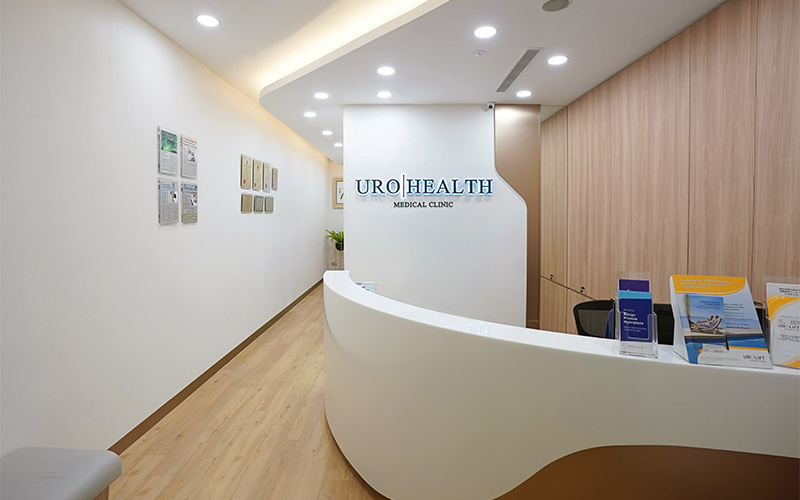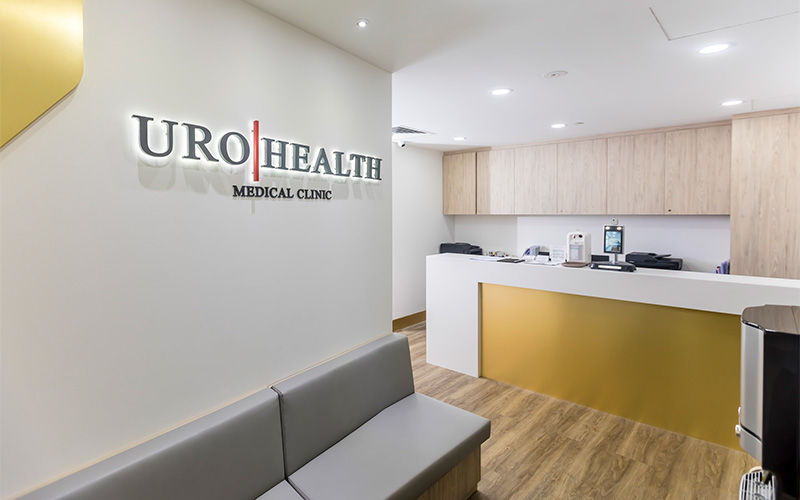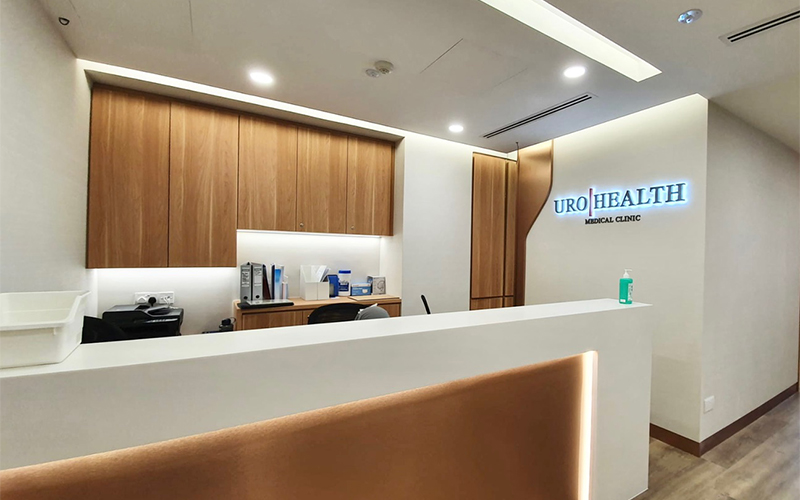Prostate cancer affects 14% of men in Singapore. This incidence is slowly growing. When picked up early from screening PSA it can easily be treated and managed.
The treatments include the use of radiation to the prostate and robotic minimally invasive surgery to remove the prostate. There are also focal therapies for treatment of certain prostate cancers but they are still investigational in nature. All treatments can have the potential to cause side effects and in the case of focal therapies have a relatively high incidence of failure.
The good news is not all cancers need to be treated!
In recent years, we have come to realize that a significant portion of men with prostate cancer can be managed without any active treatment. For patients diagnosed with low risk prostate cancer which is also called grade group 1 cancer or gleason 3+3 prostate cancer, there is long term data to show that you do not need immediate treatment.
Why don’t you need immediate treatment for low risk prostate cancer?
The data from John Hopkins and other top centres show that with proper surveillance, 97% or more of men with low risk prostate cancer will not get metastasis (spread of cancer to other parts of the body). This is an important finding as the dangers associated with prostate cancer usually occur when the cancer spreads to other parts of the body. The data from these centres that involve tens of thousands of patients on active surveillance also show a mortality rate of 0.5 to 1% over the period of 15 years. This is incredible. Patients are way more likely to pass away from other causes.
You still NEED active surveillance.
The good news about not requiring treatment must be followed by an understanding for the need of active surveillance. In my practice, some patients with low risk prostate cancer are counselled about the low risk of cancer death and then started on an active surveillance protocol. This is important as we do not want to miss a progression of the cancer. In rare instances, a higher grade cancer may be missed or may develop in the prostate over time. Our active surveillance protocols are based on the top centres and give patients the peace of mind that they can avoid any procedures and their potential side effects without compromising their prostate cancer care














